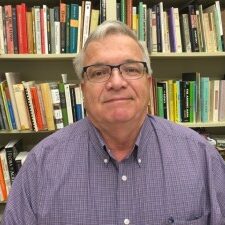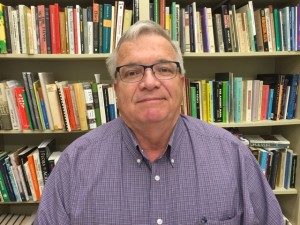
Keynote Lecture 2016: William Balée
 Keynote Lecture 2016
Keynote Lecture 2016
On Amazonian diversity, or old wine in new bottles
X Sesquiannual Conference of SALSA
William Balée, Professor, Anthropology, Tulane University
In the past, questions about Amazonian diversity have focused on refuge theory, environmental gradients, and vicariance biogeography. Today, such questions have become sharply focused on whether people had any part in the currently observed patterns of alpha (local) and beta (between local sites’) diversity. The adaptationist school has acquired a retinue of new followers in paleoecology and conservation biology who are rebottling environmental determinism as evolution to argue that humans had little or nothing to do with Amazonian diversity and forest structure. They seek to rebut historical ecologists, who have been recently arguing that anthropic interference is itself a mechanism of change and accountable for rearrangements of biota as well as forest structures that can moreover be typologized and subjected to testing. The cryptic claim that evolution (whether it means change through time, change in genotypes through time, natural selection on phenotypic variation, or even cultural development remains unspecified by the adaptationist school) most persuasively explains Amazonian diversity, instead of historical ecology, merely sets up both straw man and false dichotomy. This lecture will set the record straight, in showing that the most recent adherents of the adaptationist school have merely succeeded in presenting old wine in new bottles. The underlying character of the debate between anthropogenesis and adaptationism, however, remains essentially unchanged.
